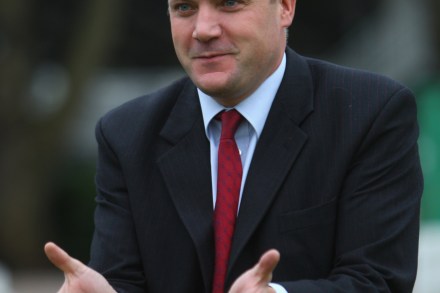Balls clutches at straws
Many CoffeeHousers will have heard Ed Balls’ preposterous performance on the Today programme this morning. We have transcribed it below, to put it on the record. Three things jump out at me. The way that Balls is the last purveyor of Brownies, still talking about new jobs when all of the new jobs can be accounted for by immigration. Next, the way he airbrushes his record to strip out all the disasters. It was the Balls-Brown economic model which rigged the Bank of England so it would keep rates artificially low, flooding the economy with dangerously underpriced debt and putting not just the government but the whole economy on a



















